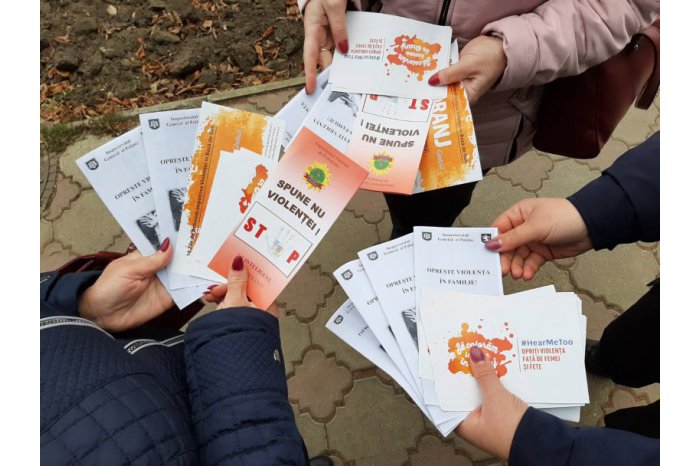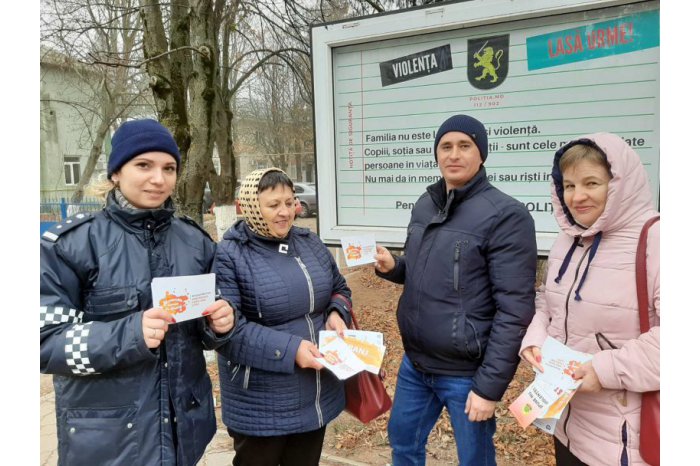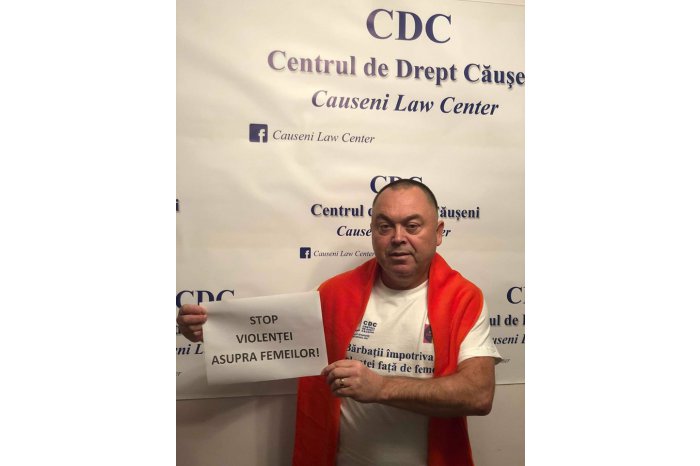Two Moldovan districts join campaign against violence against women
16:40 | 26.11.2019 Category: Regional
Chisinau, 26 November /MOLDPRES/ - The authorities of the south-eastern Stefan Voda district have started a campaign in the context of the International Day for the Elimination of Violence against Women, marked on 25 November. The schedule will take place several days and includes more actions to inform and raise awareness about this social scourge.
The law-enforcement bodies from the aforementioned district have a special role in the event’s carrying out. Sources from the Stefan Voda Police Inspectorate told MOLDPRES that the institution’s employees, in partnership with the employees of the Probation Bureau, today had carried out a roundtable titled, Spunem „STOP violenței asupra femeilor (We Say STOP to Violence against Women). “The gender-based violence is a shame, which cannot take place in a democratic society with aspirations of multilateral development,” the roundtable’s organizers said.
Subsequently, the participants in the event went to the Safety Alley from Stefan Voda, where they informed citizens the contact phone numbers which they can call, if they witness cases or are victims of domestic violence.
A similar campaign was launched also in the neighbor Causeni district, under the aegis of the Causeni-based Law centre. “On the period 26 November – 10 December, we take part in the world campaign, 16 Days of Activism against Gender-based Violence. Together, we will succeed, or, the involvement in the anti-violence campaign must be an honour for each man from Moldova. We, the men, are responsible for the abuse committed against women; we are obliged to take attitude,” lawyer, director of the Causeni-based Law Centre Ion Oboroceanu said.
The United Nations General Assembly established the day of 25 November as International Day for the Elimination of Violence against Women. The violence against women is one of the most widely spread infringements of the human rights in the world. It takes place at home, on streets, at school, at the working place, in refugees’ camps, in hospitals. To a greater or lesser extent, it is recorded in all states, no matter the ethnic affiliation, race, age, origin environment, income or education level.



